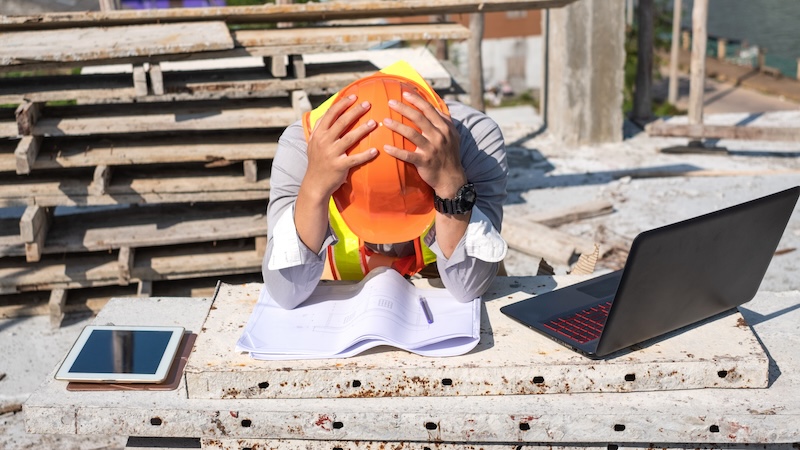AI is supposed to help people to be able to do physical work for longer. While this may sound frightening at first, the effects of artificial intelligence on the physical world of work could actually be positive.
“AI is destroying jobs” or “Artificial intelligence is a career killer”: these or similar headlines paint a bleak picture of the future from time to time. For example, up to eight million workers in the United Kingdom could lose their jobs as soon as AI is able to take over the relevant tasks.
However, as with almost every piece of bad news in the debate about the impact of artificial intelligence on the world of work, there is also a flip side. For example, a company in Cambridgeshire, England, is using the technology to extend the working lives of people doing physical tasks.
AI at work: should people toil longer?
As the BBC reports, German Autowerks, a repair shop specializing in German cars, has invested in technology to protect employees from injuries at work. The reason: some people are forced to give up their jobs early. The job of mechanics in particular can be very strenuous for the body.
A lot of bending, lifting and stretching as well as working under vehicles can lead to damage to the muscles and skeleton and cause pain in the back and joints. This would affect 473,000 workers in the UK between 2022 and 2023. German Autowerks wants to prevent this with the new process.
How does artificial intelligence help with physical work?
First, the mechanics and technicians are filmed at work. An AI then analyzes the video and identifies pressure points and potential problem areas on the body. The company then uses this information to order special exoskeletons that the employees can wear at work.
These are motorized belts that are designed to relieve the body during physical activities. “After a few minutes, it’s like wearing clothes,” reports John McGaughey, a technician at German Autowerks. “You don’t even realize it’s there.”
The corresponding AI technology is provided by Stanley Handling from Hertfordshire. The assumption there is that such systems will become standard equipment for personal protection in the future, comparable to a safety helmet or high-visibility vest. The AI is intended to help the ageing workforce and protect people, Andre Jutel, Solutions Consultant at Stanley Handling, told the BBC.
Is human work more valuable than AI?
When asked whether such jobs shouldn’t be automated instead, Jutel replies: “I’ve seen a £100,000 machine become redundant within a few months because it was designed for a specific purpose. Humans are flexible and adaptable – that’s why we believe it’s better to focus on helping them.”
Artificial intelligence is already being used to support various other professions. Doctors, for example, use it for diagnosis and treatment. The police also use AI to carry out administrative tasks, thereby reducing the workload on staff. Teachers, on the other hand, save time when planning lessons.
However, according to studies by the Institute of Public Research (IPPR), AI could still be responsible for job losses in the future. The institute assumes that secretarial, customer service and administrative tasks are most at risk. This means that the development could affect women in particular.
According to the IPPR’s senior economist, Carsten Jung, artificial intelligence will play a role for millions of people. “The government, employers and trade unions have the opportunity to make important decisions now that will ensure we manage this new technology well.”










